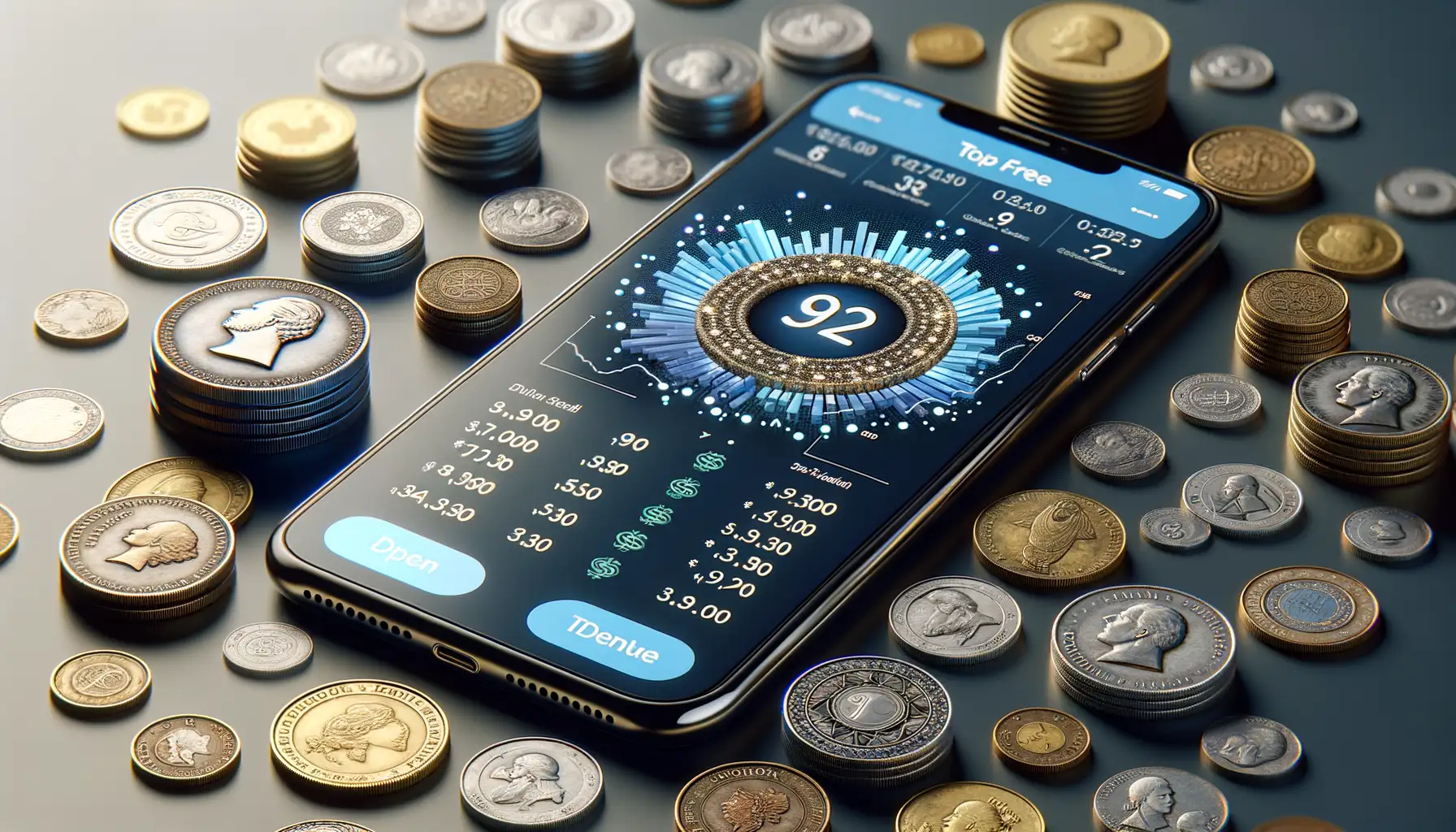Understanding Blockchain Technology in Numismatics
What Is Blockchain and Why Should Coin Collectors Care?
Picture this: a digital ledger, unchangeable and transparent, recording every transaction ever made. That’s blockchain in a nutshell! It’s like having the world’s most trustworthy notary seal every step of your coin’s journey—from its minting to its latest auction sale. In numismatics, where authenticity can make or break a collection, blockchain technology is stepping in as the ultimate guardian angel.
Let’s say you’re hunting for that elusive rare coin online. How do you know its glowing description isn’t hiding a fake? Enter blockchain! Blockchain assigns a unique digital fingerprint—called a “token”—to each coin. This token carries a tamper-proof history of ownership, condition, provenance, and even past exhibitions. It’s a collector’s dream come true, wrapped in impenetrable security.
Breaking Down Blockchain’s Magic
Here’s why blockchain is buzzing in the numismatic world:
- Transparency: Imagine seeing the entire life story of a coin, right at your fingertips.
- Security: The data is locked tighter than a vault and resistant to hacks or shady edits.
- Trust: Say goodbye to doubt—the record can’t be faked, period!
With blockchain, coin collecting leaps from dusty cabinets into the dazzling digital future. Are you ready to take the plunge?
Benefits of Blockchain for Coin Collectors
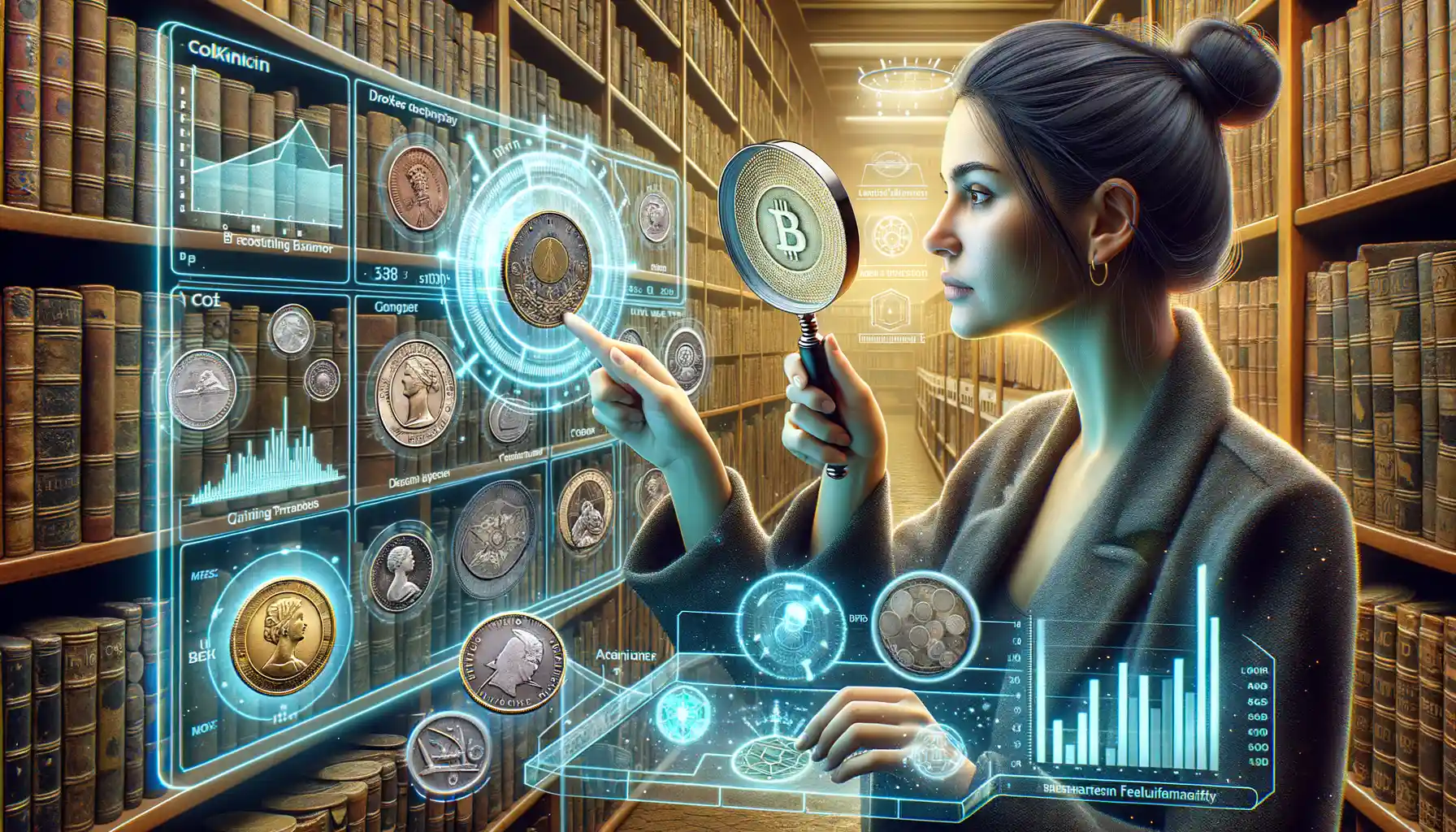
Bringing Trust and Transparency to Your Collection
Imagine owning a collection of rare coins with a story so vivid, it feels like holding history in your hands. Now, imagine being able to trace the *entire journey* of each coin—its origin, previous owners, and authenticity—all thanks to blockchain technology. This digital ledger is a game-changer for coin collectors. Forget the days of guessing if a coin is genuine or fretting over counterfeit pieces; blockchain creates an unalterable record, giving you absolute confidence in every acquisition.
With blockchain, it’s not just about trust, but also about ease. Say goodbye to mountains of certificates or endless paperwork—it’s all stored digitally, secured forever. And here’s the kicker: you can even prove ownership with a few clicks, making insurance claims or resale as seamless as flipping a coin.
- Provenance Unveiled: Trace your coin’s entire history at the click of a button.
- Foolproof Authentication: Digital records eliminate concerns about counterfeits.
- Global Marketplace Access: Trade and showcase coins securely across borders.
Collecting Coins in the Digital Era
Ever thought of showcasing your collection to the world without risking theft or damage? Enter digital NFT representations. You can mint a one-of-a-kind token for each physical coin, allowing you to flaunt your treasures online while safely keeping the originals locked away. It’s like having the best of both worlds—a museum-worthy display from the comfort of your home.
Collectors, the future isn’t just bright—it’s dazzlingly golden (or silver, depending on your preferences). Blockchain isn’t just a tool; it’s your partner in preserving, protecting, and promoting your passion.
Challenges and Limitations in Applying Blockchain
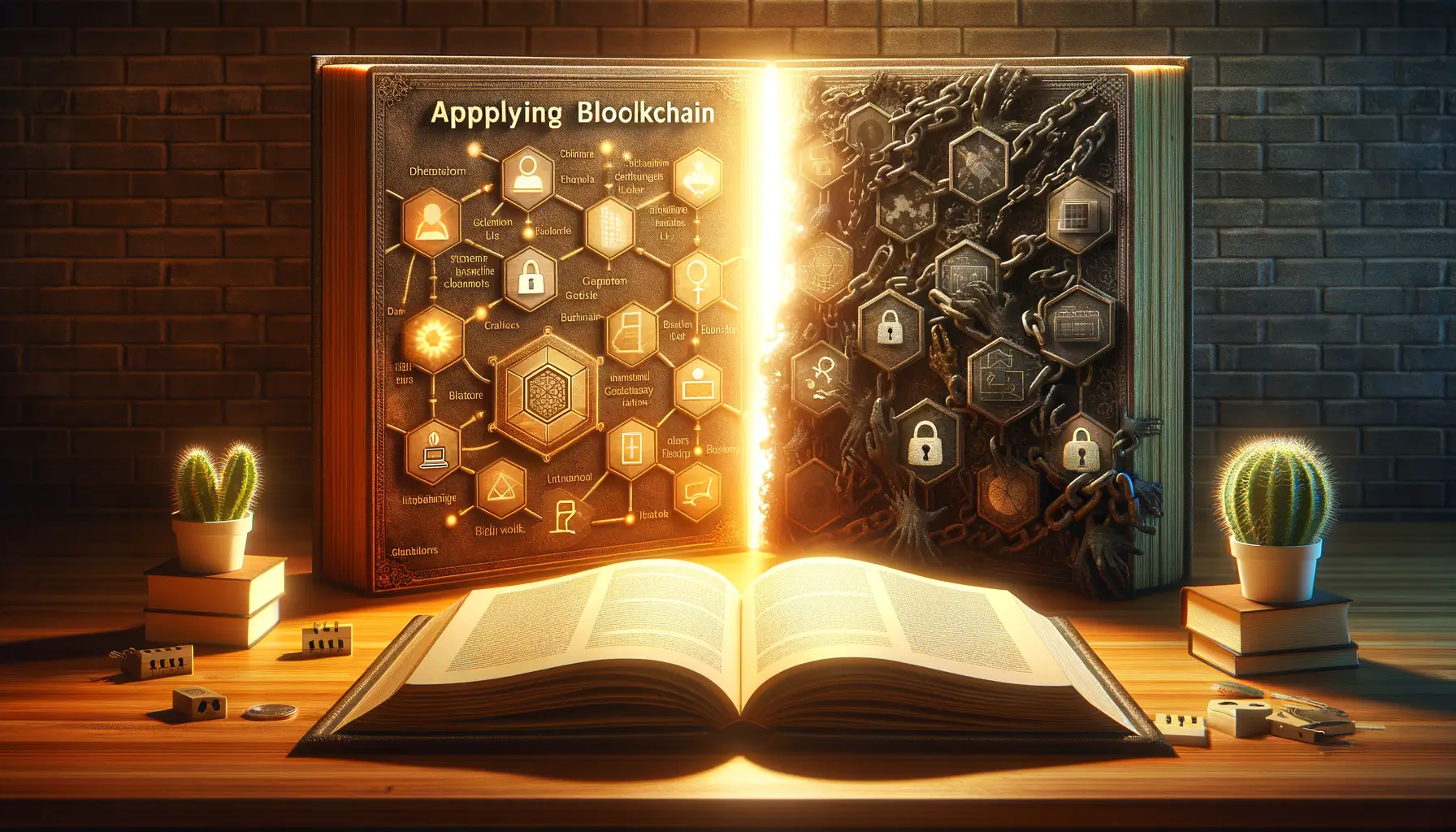
The Digital Roadblock: Technical and Financial Hurdles
Picture this: you’re ready to embrace the promise of blockchain for your cherished coin collection, only to hit a wall. It’s not all smooth sailing on the digital highway, and here’s why.
First, there’s the elephant in the room—*cost*. Implementing blockchain isn’t free. Whether it’s paying for developers, maintaining nodes, or energy consumption, the price tag can feel daunting, especially for smaller collector communities or individual hobbyists. It’s like wanting to display your rare coins in a museum, but realizing the rent is sky-high.
And then, the technical barriers. Blockchain systems often require a certain level of proficiency that can leave even seasoned collectors scratching their heads. Terms like “smart contracts” and “hash functions” might sound like a foreign language, and let’s face it, not everyone has the time—or patience—to become fluent.
- How do you ensure the accuracy of data entered into the blockchain?
- What happens if the technology evolves, leaving today’s system outdated?
These questions cast shadows over an otherwise brilliant idea, reminding us that innovation always comes with its share of growing pains.
The Trust Paradox: Adoption vs. Skepticism
Here’s the twist: while *blockchain* touts itself as the ultimate trust machine, winning over skeptics can be another story. Collectors are passionate folks, deeply invested in preserving history and authenticity. But trusting a *decentralized ledger*? That requires a leap of faith.
For one, many treasure the tangible. Handing over provenance records to an invisible network may raise eyebrows. And then there’s the fear of permanence—what if an error is recorded? Unlike erasing a pencil mark on paper, fixing mistakes on blockchain can be a monumental challenge.
So, the question arises: How do we bridge this gap between innovation and tradition? It’s a tightrope walk requiring both patience and education, but isn’t that what collectors live for—the thrill of mastering the impossible?
Real-Life Applications of Blockchain in Modern Coin Collecting
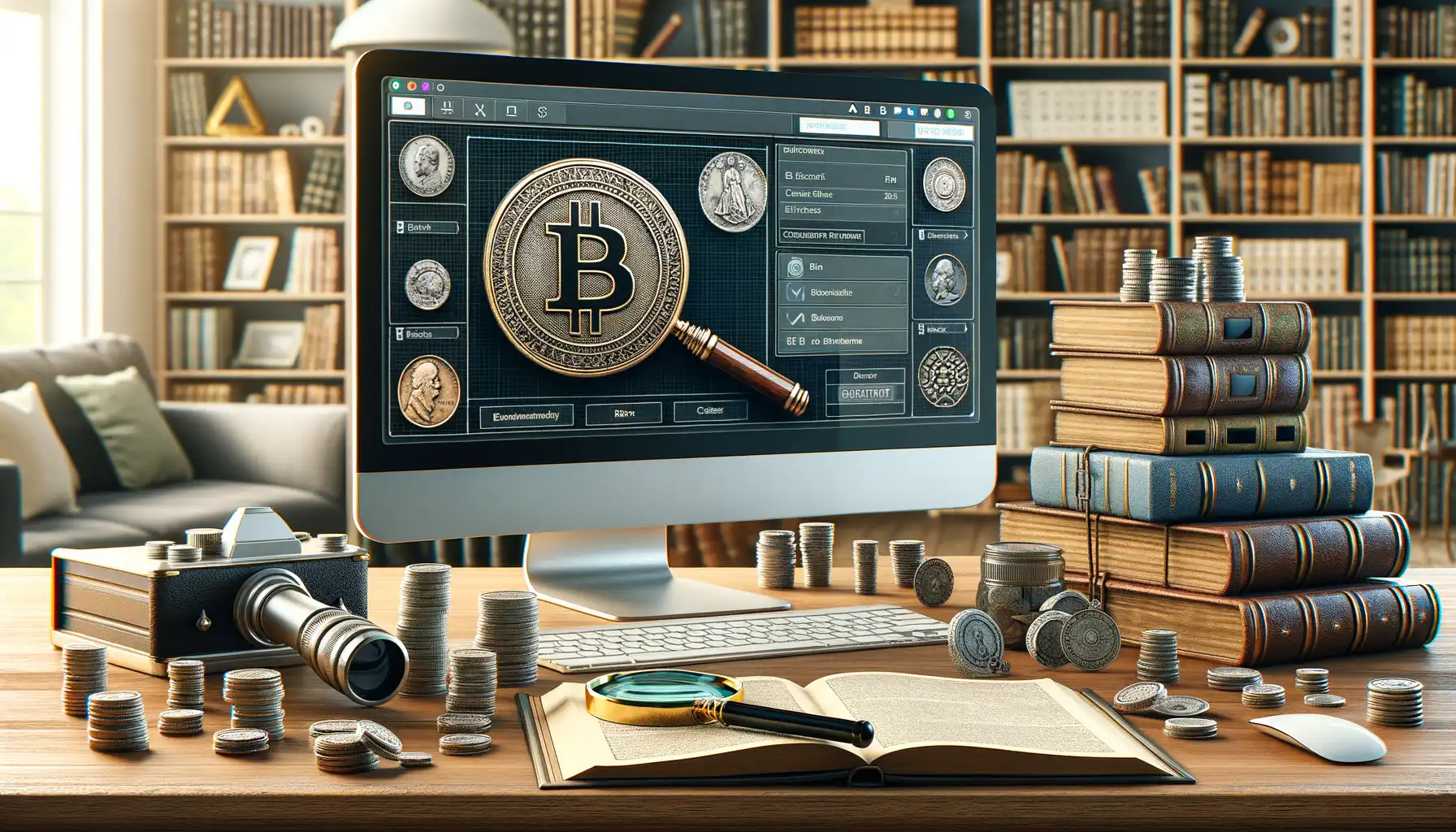
A Digital Ledger for Provenance: The Collector’s Dream
Imagine holding a stunning Victorian coin in your hand. It could tell its entire story—where it was minted, who owned it before you, and even the auctions it dazzled at—all thanks to the power of blockchain. For collectors, **provenance** isn’t just history; it’s value. Blockchain delivers this on a silver platter by offering an immutable digital ledger for every coin’s journey.
This technology isn’t merely theoretical—it’s happening now. Certain marketplaces already use blockchain to verify the authenticity of rare coins. How? By embedding key ownership details into a secure, decentralized network. Even if you’re trading with a collector halfway across the world, you can trust the record without a shadow of doubt. No more sleepless nights worrying about counterfeits!
- Buying a certified rare penny? Blockchain stamps it with a proof-of-ownership certificate.
- Want to bid confidently in online auctions? Verifiable transaction histories are your sword and shield.
Whether you’re a seasoned enthusiast or a curious rookie, blockchain makes numismatics feel like stepping into a time machine—with transparency that feels as refreshing as it is revolutionary. Let’s just say, the modern coin collector’s toolbox has never looked cooler!
Future Perspectives of Blockchain in Numismatics
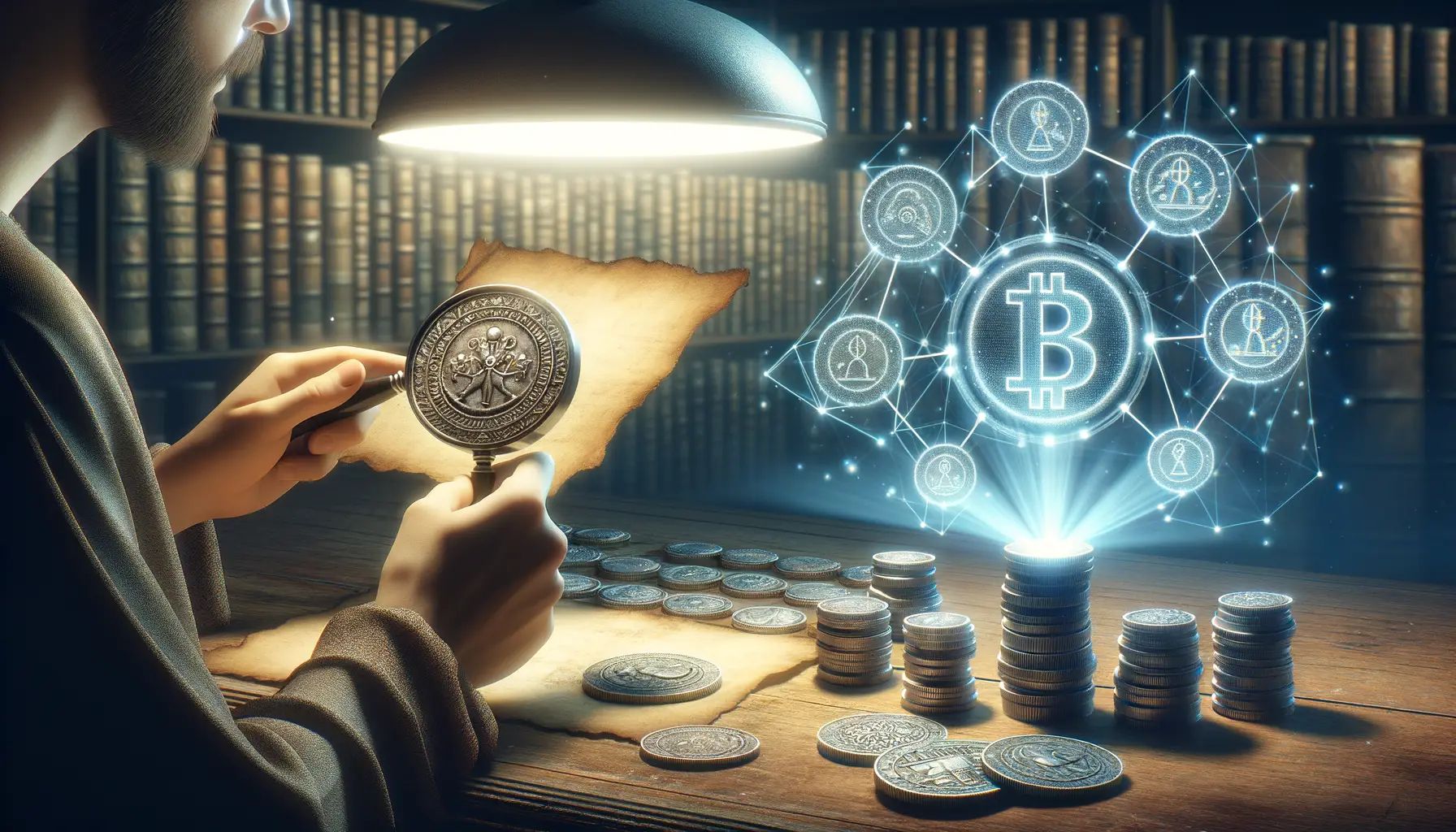
Revolutionizing Numismatic Ownership and Trust
Imagine a world where buying a rare coin is as transparent as looking through a crystal-clear window. With blockchain technology, this dream isn’t just a distant possibility—it’s edging closer to reality every day. Blockchain has the power to bring revolutionary trust and authenticity into an industry where fakes, forgeries, and unverifiable histories have long haunted collectors.
Picture this: A collector in Tokyo buys an 18th-century Russian coin from a seller in London. Thanks to blockchain, they can verify the coin’s entire history within moments, from its minting origins to each transfer of ownership. The days of relying purely on certificates or third-party verification? They may soon become a thing of the past.
- Imagine coins with unique digital “fingerprints,” securely recorded on a blockchain ledger to ensure authenticity.
- Ownership transfers becoming instantaneous, removing the hassle of complex paperwork or waiting periods.
Future Adventures in Collecting
Now let’s dive into the exciting possibilities ahead. What if you could trade coins on a global level in real-time, with transactions secured through smart contracts? Or participate in live blockchain-driven auctions where bids are verified automatically, leaving no room for foul play?
The future might also include decentralized numismatic communities thriving online. Think of them as bustling marketplaces built on blockchain, connecting passionate collectors globally. Here, rare finds could be shared securely, tokenized, and even split among enthusiasts through fractional ownership. Yes, owning a piece of a legendary coin could soon become a reality!


